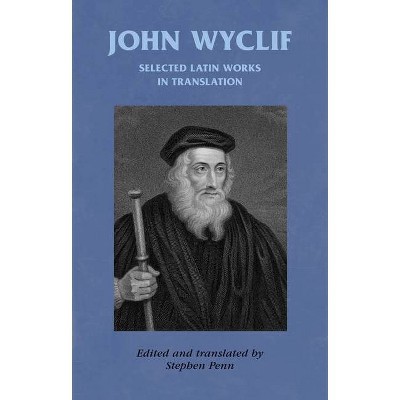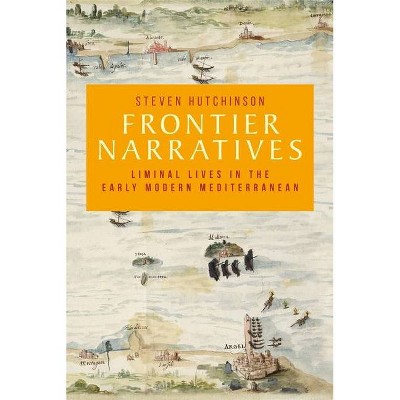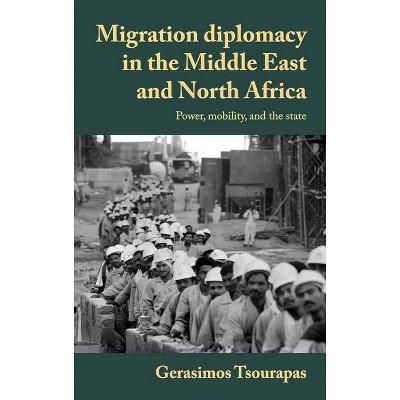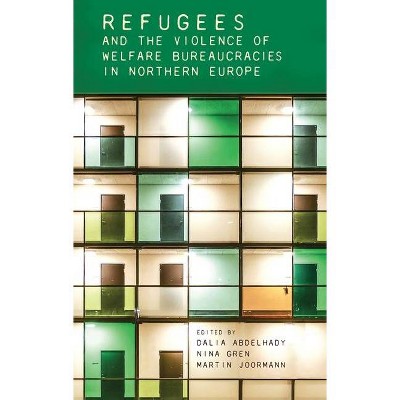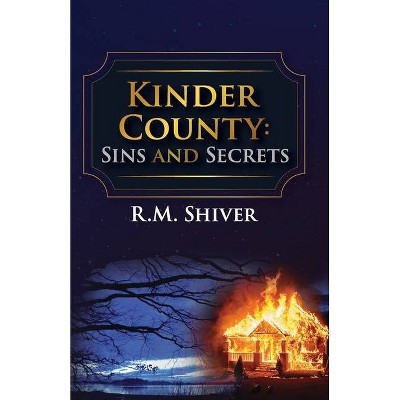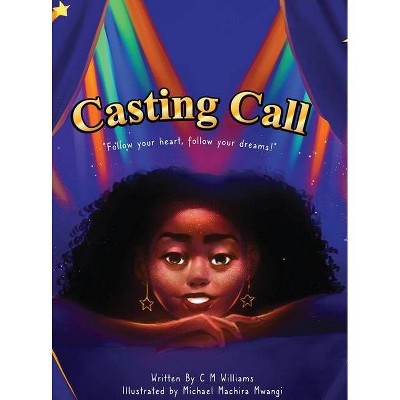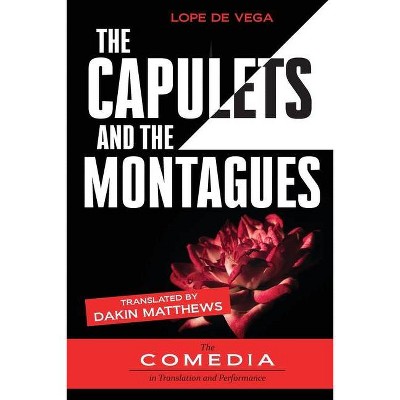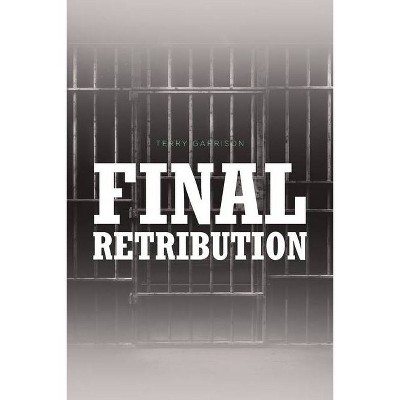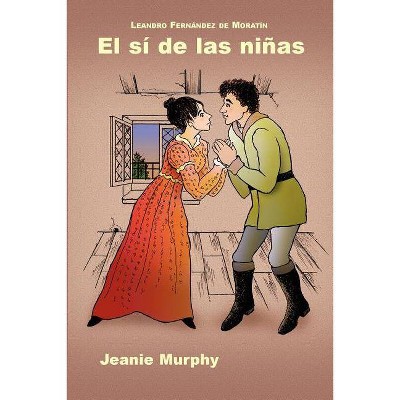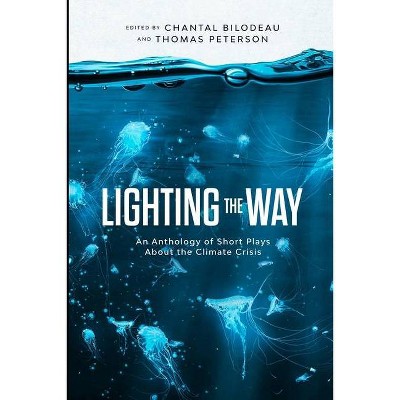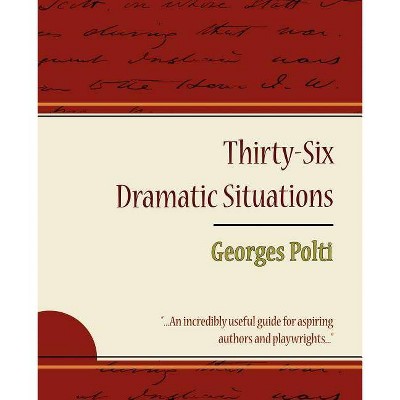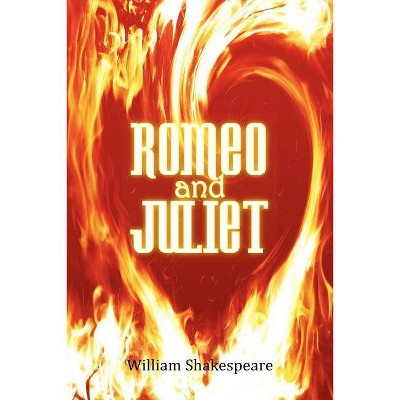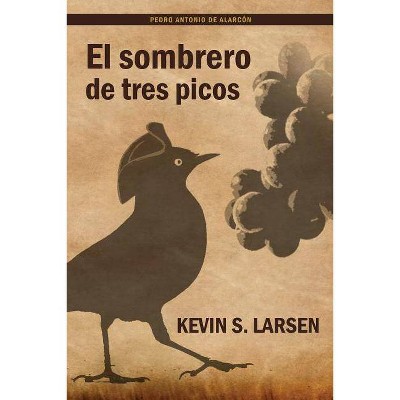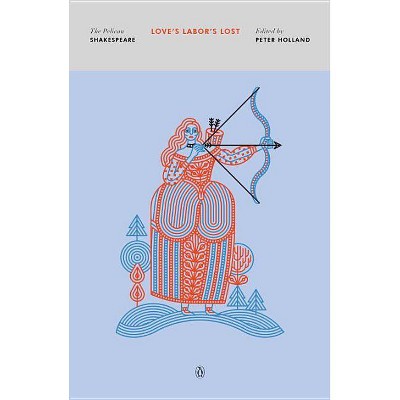The Shakespearean Comic and Tragicomic - (Manchester University Press) by Richard Hillman (Hardcover)
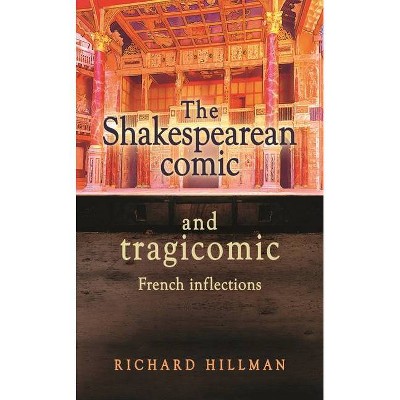
Similar Products
Products of same category from the store
AllProduct info
<p/><br></br><p><b> About the Book </b></p></br></br>Richard Hillman's latest book on the French connections of early modern English drama shows that Shakespeare regularly inflected the models provided by Italian comedy and tragicomedy by evoking French material, dramatic and non-dramatic. Such inflection especially bears on the tragic overtones that menace or complicate comic resolutions.<p/><br></br><p><b> Book Synopsis </b></p></br></br>In exploring links between the early modern English theatre and France, Richard Hillman focuses on Shakespeare's deployment of genres whose dominant Italian models and affinities might seem to leave little scope for French ones. The author draws on specific and unsuspected points of contact, whilst also pointing out a broad tendency by the dramatist, to draw on French material, both dramatic and non-dramatic, to inflect comic forms in potentially tragic directions. The resulting internal tensions are evident from the earliest comedies to the latest tragicomedies (or 'romances'). While its many original readings will interest specialists and students of Shakespeare, this book will have broader appeal: it contributes significantly, from an unfamiliar angle, to the contemporary discourse concerned with early modern English culture within the European context. At the same time, it is accessible to a wide range of readers, with translations provided for all non-English citations.<p/><br></br><p><b> From the Back Cover </b></p></br></br>This volume explores links between the early modern English theatre and France, and discusses Shakespeare's deployment of genres whose dominant Italian models and affinities might seem to leave little scope for French influences. The book proposes specific, and unsuspected, points of contact but also a broad tendency by the dramatist to draw on French material, both dramatic and non-dramatic, to inflect comic forms in potentially tragic directions. The resulting tensions within the genre are evident from the earliest comedies to the latest tragicomedies (or 'romances'). The Introduction establishes the French inflection of Italian modes and models, beginning with <i>The Taming of the Shrew</i>, as a compositional paradigm and the basis for an intertextual critical approach. Next, <i>A Midsummer Night's Dream</i> is related to three French intertexts highlighting, respectively, its use of pastoral dramatic convention, its colouration by the <i>histoire tragique </i>and its parodic dramatisation of the Pyramus and Thisbe story. The third chapter interrogates the 'French' settings found in the romantic comedies, while the fourth applies French intertexts to three middle-to-late comedies as experiments in tragicomedy. Finally, the distinctive form given tragicomedy (or 'romance') in Shakespeare's late production is set against the evolution of tragicomedy in France and related to French intertexts that shed new light on the generic synthesis achieved - and the degree of <i>bricolage</i> employed in achieving it. While its many original readings will interest all specialists and students of Shakespeare, this book also contributes significantly, from an unfamiliar angle, to contemporary critical discourse concerned with early modern English culture within a European context.<p/><br></br><p><b> Review Quotes </b></p></br></br><br>'In sum, Hillman's The Shakespearean Comic and Tragicomic is a masterly study of intertextuality. It will become an important model for comparative literature specialists owing to its astute demonstration of evolving French and English theatrical forms and tastes. We are given a rich tapestry of ideas about narrative and dramatic romance circulating between France and England in the late sixteenth and early seventeenth centuries. Given the density of the argument deployed, the book should be savored over several sittings.' H-France Review 'This book provides valuable material for scholars interested in wide-ranging associations and influences. Its recalibration of French works in relation to Shakespeare's textual production (and Hillman 'sterm' inflections' is important in this respect) also makes the book an important intervention in comparative literary studies.' The Modern Language Review<br><p/><br></br><p><b> About the Author </b></p></br></br>Richard Hillman is Professor Emeritus in Renaissance Literature at the Université de Tours, Centre d'Études Supérieures de la Renaissance, Tours, France
Price History
Price Archive shows prices from various stores, lets you see history and find the cheapest. There is no actual sale on the website. For all support, inquiry and suggestion messagescommunication@pricearchive.us
